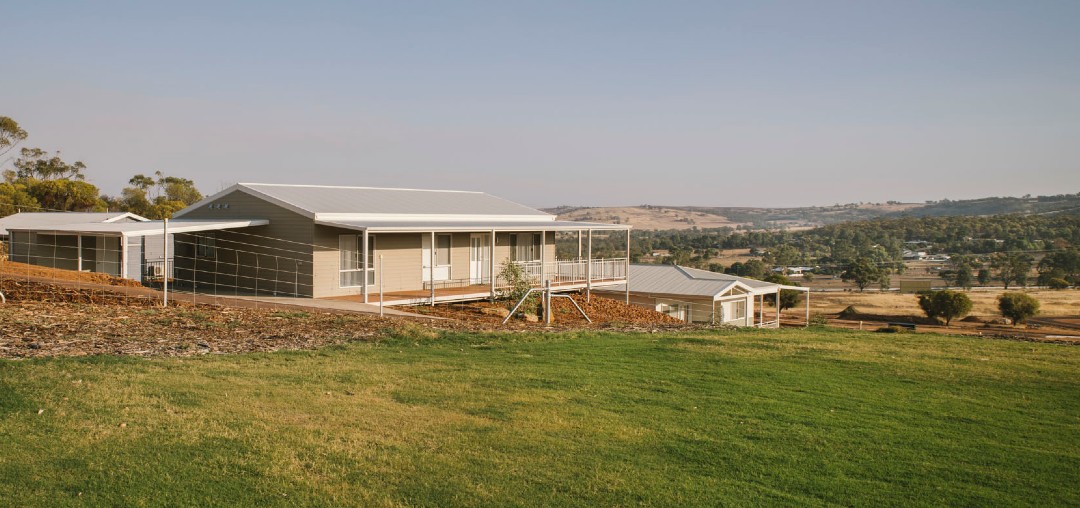Sustainability is perhaps one of the most important issues we face today. In this current age it is critical to confront the numerous challenges against climate change, resource sustainability and maintaining the environment and its fragile ecosystems.
The building industry alone is responsible for 18.1% of Australia’s greenhouse gas emissions – it is easy to see why reducing environmental footprint should be a priority for all construction businesses but sadly it’s often overlooked. At Modular WA, we are committed to sustainable, environmentally-aware building practices, not only in the construction period, but over the lifespan of the homes we build.
IN DESIGN – Livability and energy performance
Building sustainably isn’t just about the process of construction – it’s about livability too. All of that effort comes undone if you have to be constantly blasting an air conditioner. Modular construction is ideal for Western Australian climates. Due to our use of lightweight construction materials, quality insulation and steel framing, our modular homes outperform traditional brick-style homes as heat gain and loss is rapidly dispersed. Heat doesn’t get trapped and continue to permeate through the home, meaning it’s easier to control the home’s internal ambient temperature through both summer and winter, reducing expensive air conditioning bills. All Modular WA homes are designed to comply with a 6-Star Energy rating, though in many cases exceed this!
IN CONSTRUCTION – Highly efficient use of resources
An advantage of constructing in our purpose-built manufacturing facilities means we’ve fine tuned the construction methodology extensively. Very little waste is generated while building a modular home. For example, all structural steel framing is expertly cut and assembled on a per-job basis, ensuring all material is utilised and any minimal waste that is generated can be either used in the next build or recycled. This flows through the rest of the build process, and means we’re only using what we need. Less wastage means higher cost efficiencies – allowing you to get more value out of your dollar.

